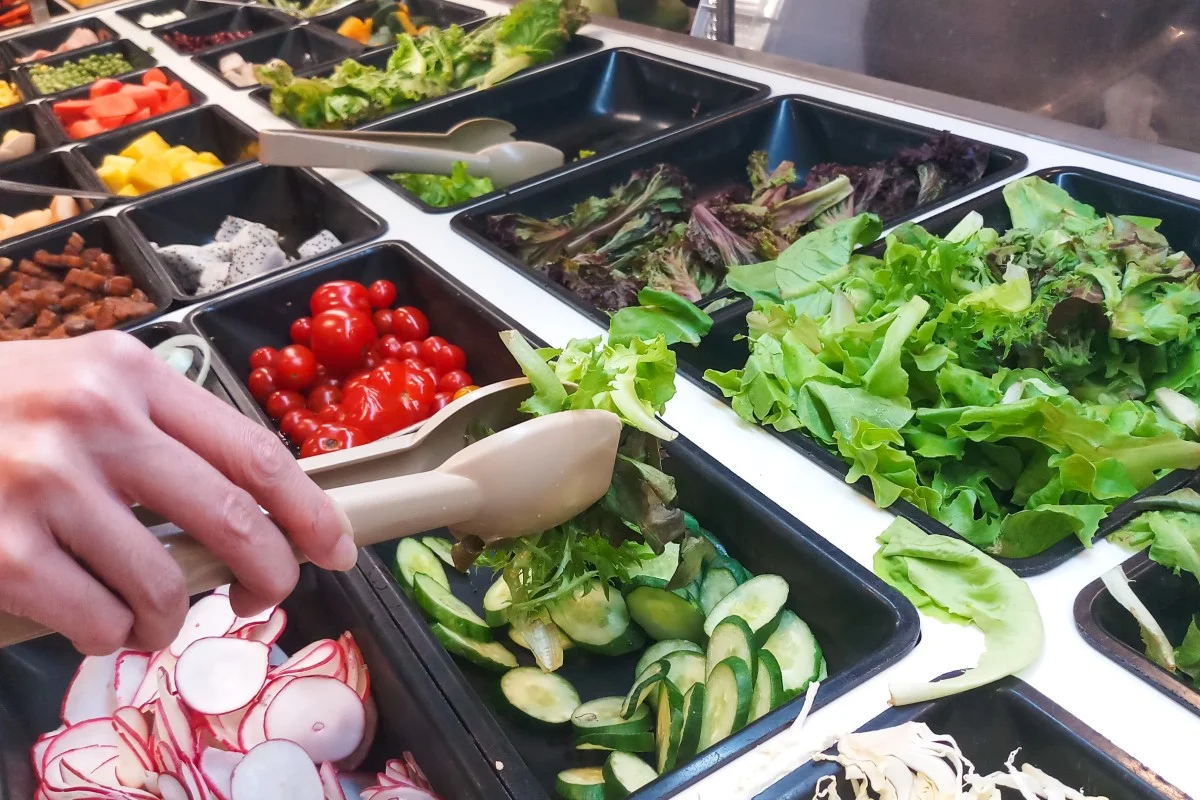When considering our carbon footprint, we often think about flights, online shopping, or plastic waste. Yet, a significant portion of our environmental impact comes from the food we eat. According to Britta Klein, an agricultural engineer at Germany’s Federal Office for Agriculture and Food, approximately 25% of global greenhouse gas emissions come from the production, processing, and transportation of food.
One major contributor to environmental harm is modern agriculture, particularly livestock farming, which leads to soil degradation, biodiversity loss, and the release of harmful gases. However, Klein believes that promoting sustainable eating habits does not mean advocating for strict dietary restrictions. Instead, she emphasizes moderation and awareness, especially in reducing meat consumption.
Klein explains that much of the arable land used for animal fodder could instead be cultivated with crops that would better sustain the global population. While current meat consumption levels are high—around 1kg per week per person in Germany—the country’s 2023 nutrition report shows a positive trend, with daily meat consumption decreasing from 34% to 20% of the population over the past eight years.
Nutritionist Melanie Kirk-Mechtel echoes this sentiment, advocating for a mindful approach to eating. Her cookbook, Climate Protection Tastes So Good, offers over 70 recipes that promote plant-based meals without forcing a strict vegetarian or vegan diet. Kirk-Mechtel believes that cutting meat consumption in half can significantly reduce greenhouse gas emissions—by 27% with a flexitarian diet and 47% with a vegetarian one.
Both experts suggest replacing meat proteins with alternatives like legumes and nuts. For example, Kirk-Mechtel’s recipe for meatballs uses half ground meat and half finely diced, crispy mushrooms, which results in a fluffier and more flavorful dish. Similarly, her Bolognese sauce cuts down on meat, incorporating a mirepoix of vegetables to maintain the rich flavor.
Sustainability advocate Verena Hirsch also promotes plant-based meals but stresses the importance of reducing food waste. She emphasizes mindful shopping: “Instead of focusing only on whether a product is regional or plastic-free, consider if you will actually consume it all.”
Ultimately, adopting a sustainable diet involves small, thoughtful changes. By reducing meat consumption, incorporating more plant-based foods, and minimizing waste, individuals can enjoy their meals while also making a positive impact on the environment.
READ MORE:
